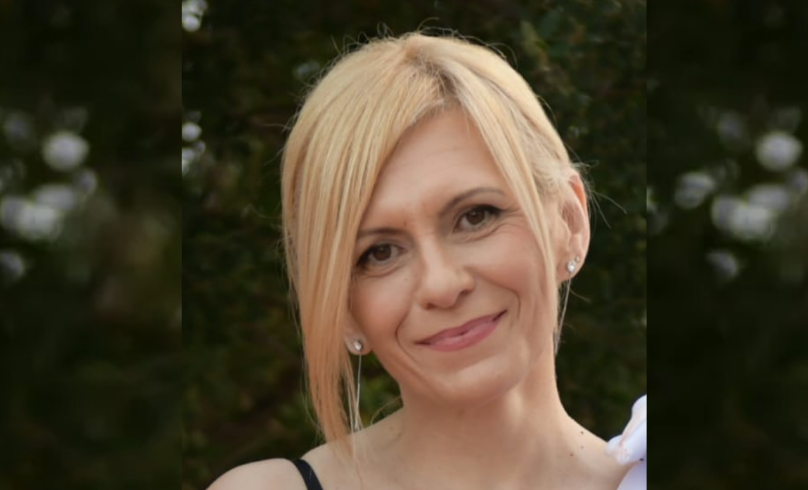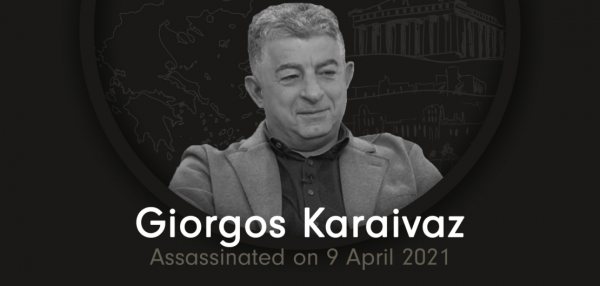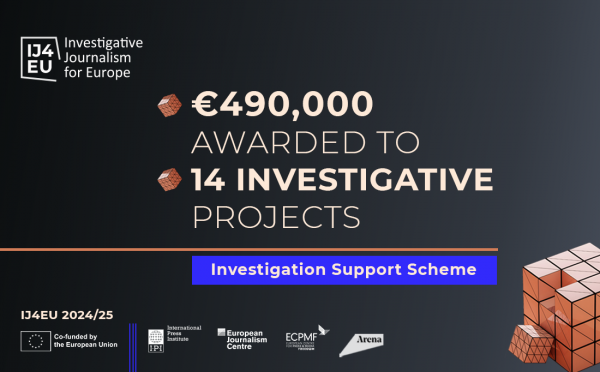The Media Freedom Rapid Response (MFRR) partners together with the SafeJournalists Network (SJN) firmly call for thorough and swift investigations into numerous threats against Nataša Miljanović Zubac, journalist for the Radio Television of Republika Srpska (RTRS). Since the arson attack on her car in 2022, Zubac has been targeted by at least seven criminal acts, all unpunished. The MFRR partners and SJN also urge the Republika Srpska Ministry of Interior and the Trebinje District Prosecutor’s Office for increased police protection to prevent further threats to the life of the journalist. The safety measures that have been granted to Zubac, including surveillance of the journalist’s movements and Trebinje police patrols are a first step, but still not enough to protect her life given the persistent threats.
Since she returned to the newsroom, after 22 months of sick leave followingher car fire in June 2022, Zubac continues to fear for her life with her movements restricted and work seriously impacted.
Among the death threats in her private home: in November 2022 infrared rays were directed at the wall of her living room and later at her body, while on 26 March 2023, a doll with its head cut off and covered in red was found outside her door. In October 2023, “Dead mouths don’t talk” was written on the same door. Despite investigations, none of the cases resulted in indictments.
The threats continued on 19 September 2024, when the journalist discovered the message “Die NMZ” (her initials) on her son’s home, in the village of Ljubomir, near Trebinje. The incident is treated as a criminal offence under Article 150 of the Criminal Code of Republika Srpska, which relates to “Endangering Safety”.
“For two and a half years, I have been targeted by criminals. Despite eight requests for physical protection, as well as appeals from journalists’ associations, the Ministry of Human Rights of Bosnia and Herzegovina, neither the Ministry of Interior of the Republic of Srpska nor any other security institution has provided me with needed protection. I live like a prisoner in my own country. This is not a life worthy of a human being,” Zubac told the European Federation of Journalists (EFJ).
“Impunity in cases of burning cars and safety threats to Nataša Miljanović Zubac gives room for their repetition, which is why not only the perpetrators bear direct responsibility, but also the Trebinja police and the prosecutor’s office, who for two years cannot or do not want to complete the investigation and create legal grounds for punishing the perpetrators, and enable female journalists to work safely and with dignity,” pointed out the BH Journalists’ Association (BHN), and the Journalists’ Helpline (FMHL).
In addition to the death threats, the journalist was repeatedly verbally abused and intimidated. She also told MFRR that she had recently reported a physical attack to the Trebinje police on 28 October.
A few days after the International Day to End Impunity for Crimes against Journalists, the MFRR, and the SafeJournalists Network reiterate that independent investigation and prosecution of attacks is essential to deter the perpetrators and end the dangerous culture of impunity, as evidenced by the numerous threats on the journalist’s life that have gone unpunished.
Furthermore, the undersigned organisations call for increasedphysical protection that would allow Zubac to continue her work in complete safety and to prevent further escalation of violence as a result of investigations of public interest.
Signed
The European Federation of Journalists (EFJ)
Article 19 Europe
European Centre for Press and Media Freedom (ECPMF)
Free Press Unlimited (FPU)
International Press Institute (IPI)
OBC Transeuropa (OBCT)
Association of Journalists of Kosovo
Association of Journalists of Macedonia
BH Journalists Association
Croatian Journalists’ Association
Independent Journalists Association of Serbia
Trade Union of Media of Montenegro
The statement was produced as part of the Media Freedom Rapid Response, a Europe-wide mechanism which tracks, monitors and responds to violations of press and media freedom in EU Member States and Candidate Countries. The project is co-funded by the European Commission.




